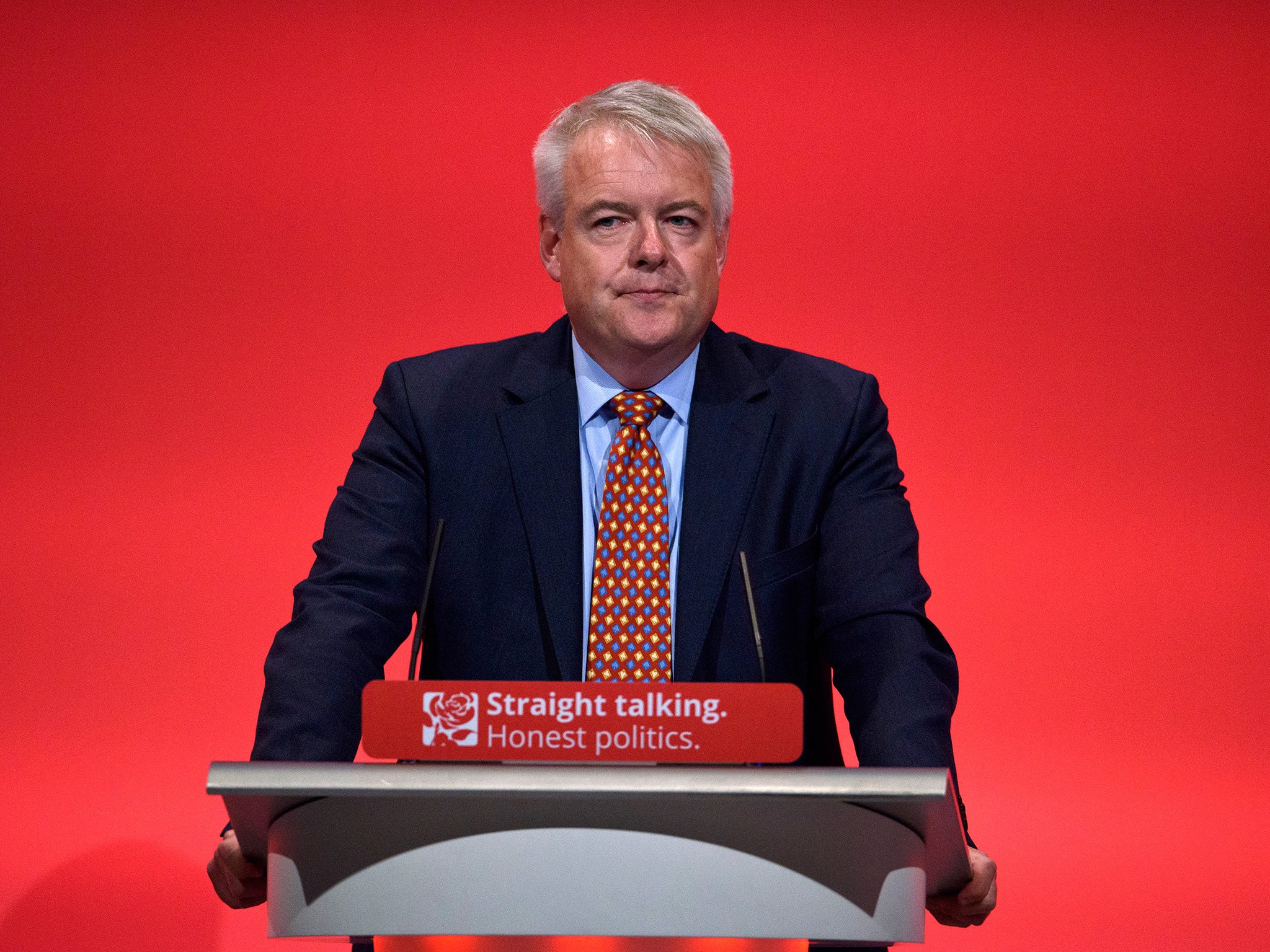Trade Union Bill attacked by 'Northern Powerhouse' council chiefs over 'threat to worker-employer relations'
Exclusive: Controversial Bill has been widely condemnded by human rights groups as a threat to civil liberties

Your support helps us to tell the story
From reproductive rights to climate change to Big Tech, The Independent is on the ground when the story is developing. Whether it's investigating the financials of Elon Musk's pro-Trump PAC or producing our latest documentary, 'The A Word', which shines a light on the American women fighting for reproductive rights, we know how important it is to parse out the facts from the messaging.
At such a critical moment in US history, we need reporters on the ground. Your donation allows us to keep sending journalists to speak to both sides of the story.
The Independent is trusted by Americans across the entire political spectrum. And unlike many other quality news outlets, we choose not to lock Americans out of our reporting and analysis with paywalls. We believe quality journalism should be available to everyone, paid for by those who can afford it.
Your support makes all the difference.Some of Britain’s most powerful local authority leaders, representing millions of people across much of northern England, have attacked the Government’s controversial Trade Union Bill as something which will damage existing relations between workers and employers.
The Bill, which will be debated by MPs this week for the final time before going to the House of Lords, has already been widely condemned by human rights organisations as a major threat to civil liberties in Britain.
Under the proposals, a ban on using agency workers to cover for striking workers which has been in place since 1973 would be scrapped. And picket line supervisors would be forced to wear armbands, have letters of authorisation at all times, and be forced to give their contact details to the police.
Now the heads of some of the biggest local authorities in the country have joined the mounting opposition to the Bill, which they say is at odds with moves by the Government to devolve greater power to northern cities and regions.
In an open letter published in The Independent on Sunday, leaders of the “northern powerhouse” state: “Taking on more responsibility for improving public services and growing our local economies means working in partnership with our communities and our workforce – in ways that are right for the areas we represent.” They add: “So we fail to understand why the Government wishes to tell us how we manage relationships with the unions that represent our employees.”

The letter is signed by the heads of combined authorities in the North-east, Greater Manchester, West Yorkshire, Liverpool City Region, and Sheffield City Region. “Good employment relations are essential for high-quality public services,” it states. “We want the flexibility and freedom to agree partnership arrangements that work for our local areas without micro-management from Whitehall.”
This intervention comes amid mounting opposition to the Government’s proposals to place greater restrictions over unions.
Last month The IoS revealed how every local authority in Scotland is set to ignore the Bill. And in Wales, First Minister Carwyn Jones recently pledged to oppose the Bill if it is passed. The Recruitment & Employment Confederation, which represents the UK’s employment agencies, is “not convinced that putting agencies and temporary workers into the middle of difficult industrial relations situations is a good idea for agencies, workers or their clients.” And the Government’s bureaucracy watchdog, the Regulatory Policy Committee, has described the impact assessments accompanying the draft Bill as “not fit for purpose”, with “little evidence presented [of] any significant benefits”.
In a statement Dave Prentis, general secretary of Unison, said: “Forcing public sector employers to abandon locally agreed arrangements that have worked well for years, like those that allow staff to pay their union subs through their salaries, will place industrial relations under great strain, at a time when local government is already under huge pressure. It’s time the Government started listening to the growing number of councils who oppose this spiteful and vindictive Bill.”

And this week the Government faces a new rebellion from Tory backbenchers when the Bill is debated in the Commons. One of its proposals will ban “check-off”, the automatic deduction of union subscriptions from public-sector workers’ pay.
But Jeremy Lefroy, Tory MP for Stafford, has tabled an amendment to the Bill, which would allow check-off to continue, provided the union meets the cost of administering it. Claims by the Government that automatic deductions are “outdated” and a burden on the taxpayer are “complete nonsense” said Mr Lefroy. “As a Conservative, I don’t believe in banning things.” He added: “Individuals and organisations should be free to negotiate agreements between themselves as they see fit.” Mr Lefroy says he has the support of other Tory MPs, meaning that the Government could be defeated in a vote on Tuesday.
Frances O’Grady, general secretary of the Trades Union Congress, said: “The number of employers queuing up to criticise the Trade Union Bill is growing by the day ... with several backbench Conservatives seeking to amend this Bill.”
She added: “Ministers need to start listening before lasting damage is done. The Trade Union Bill is an ill-thought-through attack on unions and the fundamental right to strike.”
Join our commenting forum
Join thought-provoking conversations, follow other Independent readers and see their replies
Comments